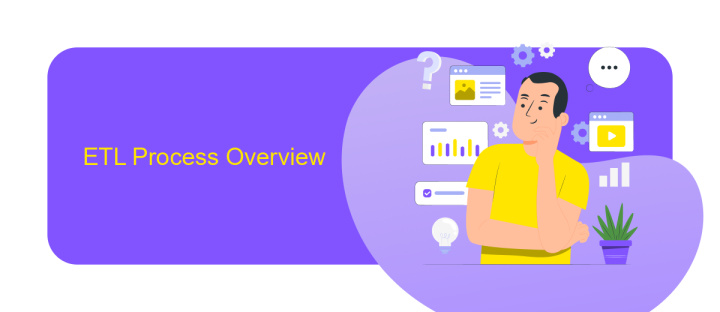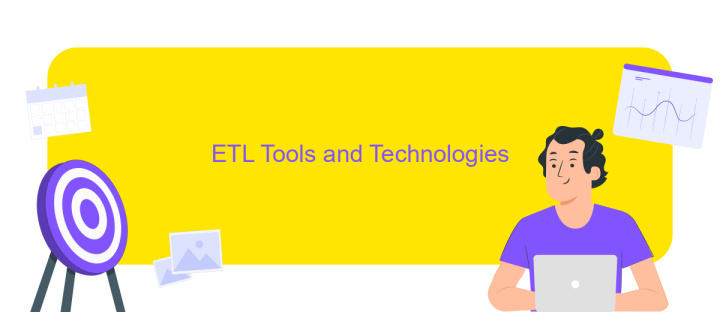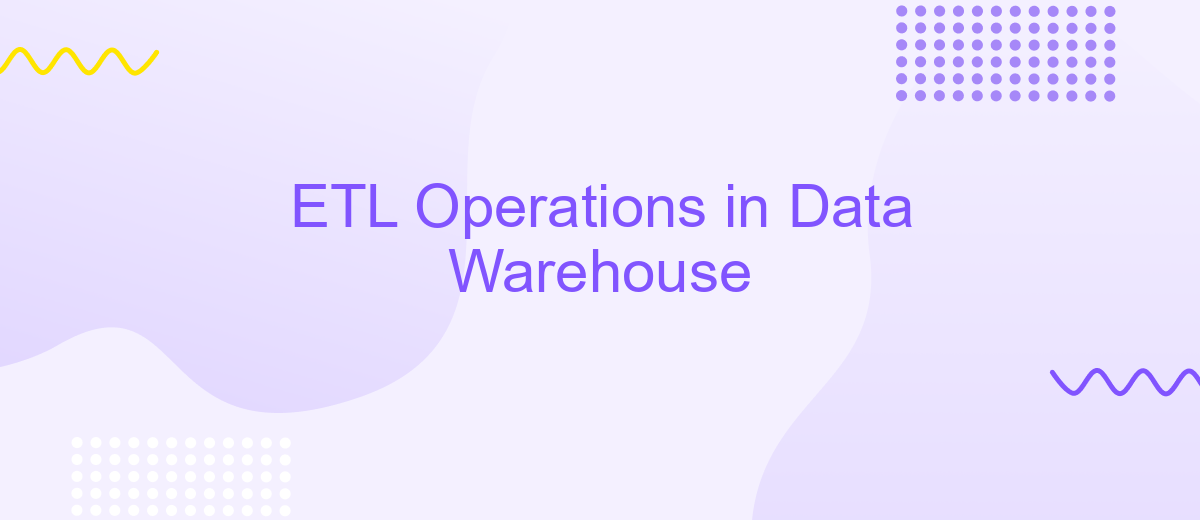ETL Operations in Data Warehouse
ETL (Extract, Transform, Load) operations are a crucial component of data warehousing, enabling organizations to efficiently gather, process, and store vast amounts of data from multiple sources. By automating the extraction, transformation, and loading of data, ETL processes ensure that data is accurate, consistent, and readily available for analysis, driving informed decision-making and strategic planning.
Introduction
ETL (Extract, Transform, Load) operations are fundamental processes in the management of data warehouses. These operations ensure that data is accurately and efficiently extracted from various sources, transformed into a suitable format, and loaded into the data warehouse for analysis and reporting. The importance of ETL operations cannot be overstated, as they play a critical role in maintaining data integrity and consistency.
- Extraction: Gathering data from diverse sources.
- Transformation: Converting data into a usable format.
- Loading: Importing data into the data warehouse.
Modern ETL processes often require seamless integration between various data sources and systems. Tools like ApiX-Drive facilitate these integrations by providing automated workflows that connect different applications and services. This not only streamlines the ETL process but also reduces the potential for errors, ensuring that data is accurately transformed and readily available for business intelligence purposes.
ETL Process Overview

ETL (Extract, Transform, Load) is a critical process in data warehousing that involves extracting data from various sources, transforming it into a suitable format, and loading it into a data warehouse for analysis and reporting. This process ensures that the data is accurate, consistent, and accessible for business intelligence activities. During the extraction phase, data is collected from multiple sources such as databases, flat files, and APIs. The transformation phase involves cleansing, filtering, and enriching the data to meet specific business requirements. Finally, the loading phase transfers the transformed data into the data warehouse, where it can be accessed for further analysis.
Efficient ETL operations require robust tools and services to manage the complexities of data integration. ApiX-Drive is one such service that simplifies the integration process by providing a user-friendly interface for connecting various data sources. With ApiX-Drive, organizations can automate data extraction and transformation tasks, ensuring seamless data flow into the data warehouse. This not only reduces manual effort but also minimizes errors and improves data quality. By leveraging advanced ETL tools like ApiX-Drive, businesses can achieve more efficient data management and gain valuable insights from their data.
ETL Tools and Technologies

ETL (Extract, Transform, Load) operations are critical for effective data warehousing, and a variety of tools and technologies are available to facilitate these processes. These tools help automate and streamline the extraction of data from multiple sources, its transformation into a suitable format, and its loading into a data warehouse.
- Apache Nifi: An open-source tool that automates the flow of data between systems.
- Informatica PowerCenter: A powerful data integration tool that supports a wide range of data sources.
- Talend: An open-source ETL tool that offers robust data integration and transformation capabilities.
- ApiX-Drive: A service that simplifies the integration of various applications and automates data workflows without the need for coding.
- Microsoft SQL Server Integration Services (SSIS): A comprehensive platform for data integration and workflow applications.
Choosing the right ETL tool depends on various factors, including the complexity of data sources, scalability requirements, and budget constraints. Tools like ApiX-Drive are particularly useful for businesses looking to automate integrations and streamline data workflows without extensive technical expertise. By leveraging the appropriate ETL tools, organizations can ensure efficient data processing and better decision-making capabilities.
ETL Best Practices

Implementing best practices in ETL (Extract, Transform, Load) operations is crucial for ensuring data quality, optimizing performance, and maintaining system reliability in a data warehouse environment. One of the key aspects is to design scalable and efficient ETL processes that can handle increasing data volumes and complexity.
Data validation and error handling are essential components of robust ETL workflows. Ensuring data integrity at each stage of the ETL process helps in maintaining the accuracy and consistency of the data being loaded into the warehouse. Additionally, leveraging automation tools can significantly enhance the efficiency of ETL operations.
- Design for scalability to accommodate growing data volumes.
- Implement comprehensive data validation and error handling mechanisms.
- Utilize automation tools like ApiX-Drive for seamless integration and process automation.
- Regularly monitor and optimize ETL performance to avoid bottlenecks.
- Maintain thorough documentation for all ETL processes and workflows.
By adhering to these best practices, organizations can ensure that their ETL operations are robust, efficient, and capable of supporting the dynamic needs of modern data warehousing. Tools like ApiX-Drive can further streamline the integration process, making it easier to manage and automate data workflows.


Conclusion
In conclusion, ETL operations are the backbone of any data warehouse, ensuring that data is efficiently extracted, transformed, and loaded to provide valuable insights. The process of ETL is intricate and requires careful planning and execution to maintain data integrity and performance. By leveraging modern tools and technologies, organizations can streamline these operations, making their data more accessible and actionable.
Integrating ETL processes with services like ApiX-Drive can significantly enhance the efficiency and reliability of data workflows. ApiX-Drive offers seamless integration capabilities, allowing businesses to automate data transfers between various platforms without extensive coding. This not only reduces the time and effort required for data management but also minimizes the risk of errors, ensuring that the data warehouse remains a robust and reliable resource for decision-making. As data continues to grow in volume and complexity, embracing advanced ETL solutions will be essential for maintaining a competitive edge.
FAQ
What is ETL in the context of a data warehouse?
Why is ETL important for data warehousing?
What are the main challenges in ETL operations?
How can ETL processes be automated?
What are the best practices for ETL operations?
Time is the most valuable resource in today's business realities. By eliminating the routine from work processes, you will get more opportunities to implement the most daring plans and ideas. Choose – you can continue to waste time, money and nerves on inefficient solutions, or you can use ApiX-Drive, automating work processes and achieving results with minimal investment of money, effort and human resources.

